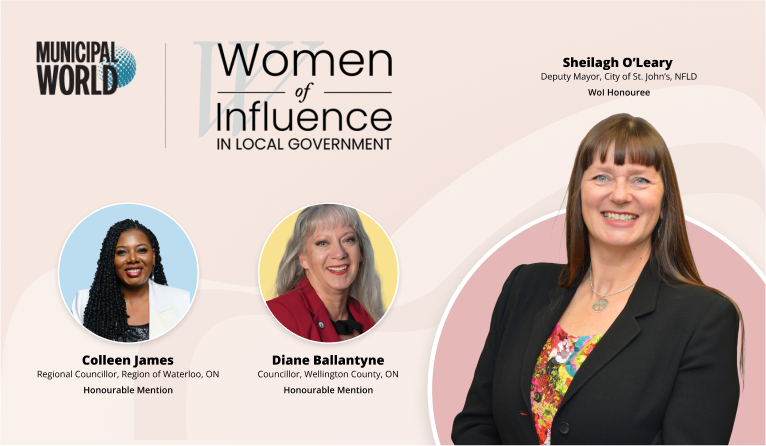Report finds Vancouver, Toronto housing “impossibly unaffordable”
 A recently released report on housing affordability has found Vancouver is the least affordable place to have/own a home in Canada and the third least affordable in the world. Photo: Adobe Stock
A recently released report on housing affordability has found Vancouver is the least affordable place to have/own a home in Canada and the third least affordable in the world. Photo: Adobe Stock
A recently released report on housing affordability has found Vancouver is the least affordable place to have/own a home in Canada and the third least affordable in the world. The report on international housing affordability was released by the Center for Demographics and Policy at Chapman University in California.
The report analyzed median house prices alongside median household incomes, comparing 94 cities across eight countries, including Australia, Canada, China, Ireland, New Zealand, Singapore, the United Kingdom, and the United States. It found that the least affordable market in 2023 was Hong Kong, followed by Sydney, Vancouver, and San Jose. Cities like Honolulu, Melbourne, and Toronto were also among the cities with the least affordable housing.
“Coming out of the turbulence of the COVID-19 lockdowns, housing affordability remained severely challenged across most markets in 2023 with slightly increasing unaffordability in major Canadian markets surveyed,” said Peter Holle, president of the Frontier Centre for Public Policy. “There is a genuine need to substantially restore housing affordability in many markets throughout the covered nations.”
The report uses the median multiple, a price-to-income ratio that divides the median house price by the median household income. “Because housing is usually the most expensive element of household budgets, this deterioration has been the principal driver of the present cost of living crisis affecting the middle and working classes,” Holle said.
Four of the six markets in Canada are rated severely unaffordable,” the report reads. “There has been a considerable loss of housing affordability in Canada since the mid-2000s, especially in the Vancouver and Toronto markets.”
While the report notes there was some improvement on housing affordability in 2023, it was not enough to return to the pre-pandemic affordability levels. The report also found a significant difference in the rate of homeownership in the markets studied. Singapore had the highest rate at 89 per cent. Canada’s rate stood at 67 per cent, while Hong Kong had the lowest rate at 51 per cent.
Toronto, Vancouver “Impossibly Unaffordable”
“The term ‘impossible’ was selected to convey the extreme difficulty faced by middle-income households in affording housing,” the report states. The new rating was added to the report this year due to the level of unaffordability in places like Vancouver, Toronto, and elsewhere.
Vancouver was found to be the lease affordable market in Canada, and the third lease affordable of the 94 markets.
“Vancouver has been the first, second or third least affordable major market for each of the last 16 years,” the study says. The problem, however, isn’t limited to Vancouver. Smaller cities in B.C. like Kelowna, Chilliwack, and markets on Vancouver Island have also seen worsening affordability.
Last year, B.C.’s interprovincial migration was negative for the first time since 2012, according to Statistics Canada. In June, an Angus Reid poll found 36 per cent of British Columbians said they are “giving serious consideration” to leaving B.C. due to the lack of affordable housing.
Toronto was found to be the second least affordable market in Canada and ranks 84th out of 94 markets in international affordability. Similar to B.C., unaffordability has also spread beyond the Greater Toronto Area to other Ontario communities as well.
“As in Vancouver, severely unaffordable housing has spread to smaller, less unaffordable markets in Ontario, such as Kitchener-Cambridge-Waterloo, Brantford, London, and Guelph, as residents of metro Toronto seek lower costs of living outside the Toronto market,” the report reads.
Other Cities “Severely Unaffordable”
Montreal and Ottawa were ranked as “severely unaffordable.” A report from earlier this year found that residential real estate princes in the Greater Montreal area have soared by almost one third in recent years.
According to the report from real estate broker Royal LePage, home prices in Montreal increased by 30.6 per cent between 2019 and the end of 2023.
This year’s Rental Market Report from CMHC found that housing supply in Greater Montreal has struggled to keep pace with growing demand. Construction in the city has not kept pace with demand, with housing starts in 2023 pulsing to their lowest level in 26 years.
“Vacant units are relatively scarce across the metropolitan area, with the overall vacancy rate reaching 1.5 per cent,” the CMHC report states.
Interest rate increases from the Bank of Canada have dampened real-estate demand, but they’ve also pushed up mortgage prices. And with around half mortgages coming up for renewal in the next two years, owning a home could become even more costly for many.
A Bank of Canada study from last December found that, without income growth, the average borrower could need to spend up to four per cent more of their pre-tax income to interest payments by the end of 2027. MW
✯ Municipal World Executive and Essentials Plus Members: You might also be interested in Bill Reid’s article: How digital building codes can transform municipal operations.
Ibrahim Daair is staff writer at Municipal World.
Related resource materials:


